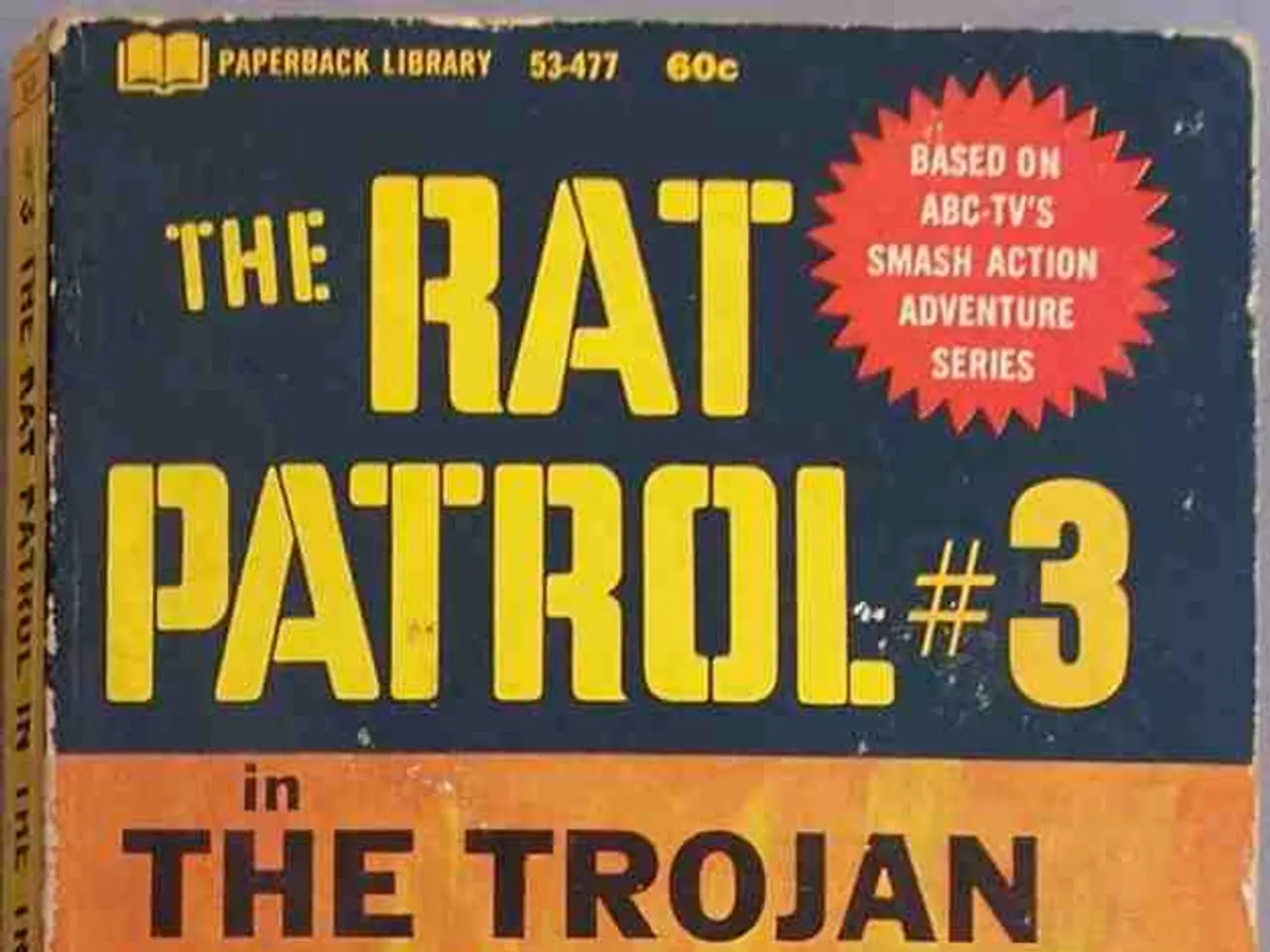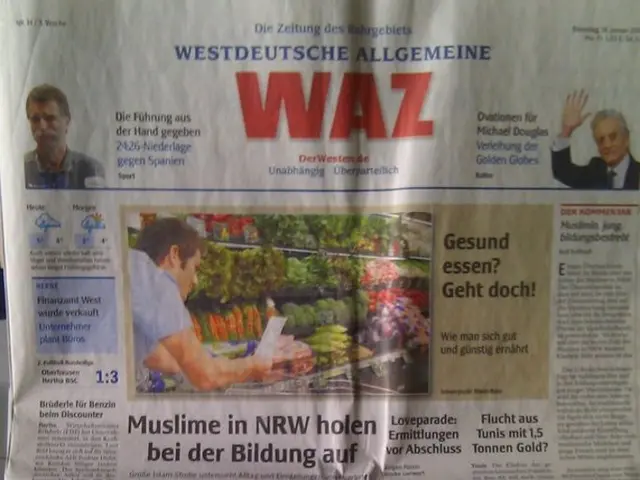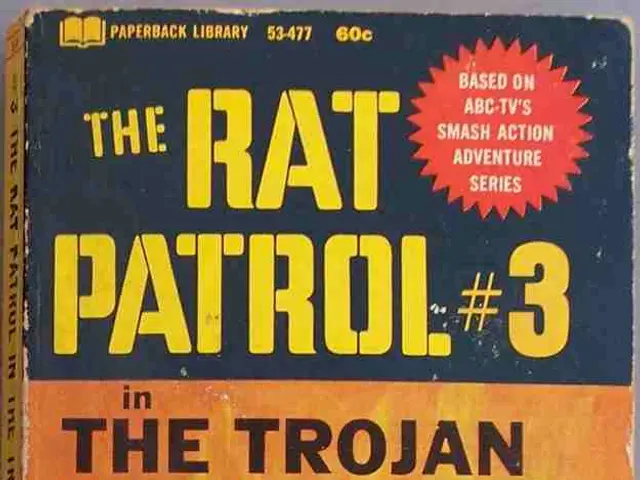Gulf leaders mend relationships, yet the impact of Qatar's economic blockade endures
In the world of international business and diplomacy, Qatar, the United Arab Emirates (UAE), and Saudi Arabia have been making significant strides.
Mohammed Sergie, a prominent figure in Qatar's investment circle, is at the forefront of the country's investment in Canada's Ivanhoe Mines. Qatar's sovereign wealth fund plans to invest $500 million for a 4% stake in the mining company, an investment aimed at funding the exploration and development of mines for metals critical for the energy transition and data centers.
Meanwhile, the UAE's technology group, e& enterprise, backed by the Emirates Investment Authority, is planning international expansion. e& enterprise has already entered into data center projects in Hungary, and digital infrastructure deals have been inked by Abu Dhabi-backed firms in France, Greece, and Italy. The UAE's push for a global AI footprint includes the Balkans country Serbia, where the government has signed a deal to triple its data center capacity to 40 megawatts.
Saudi Arabia, too, has been active in the global arena. The country has signed a formal mutual defense pact with Pakistan, strengthening their decades-long partnership. The timing of this pact came after an Arab-Islamic summit in Doha condemning Israel's strike in Qatar and amid deepening doubts over US security commitments in the Gulf. The Saudi-Pakistan pact sends a message that Saudi Arabia has options and the US is not the only game in town.
Other Gulf investors have been pouring capital into African resources. Companies such as Millennial Potash in Gabon have invested in African resource projects, particularly in potash, while major mining entities like Anglo American and Teck have engaged in significant deals related to copper production in recent years.
Relations between Qatar and many countries were restored in 2021, but the reconciliation was not warm. Despite this, many countries that had embargoed Qatar in the past showed support for it after Qatar was attacked by Israel on a Hamas compound in Doha.
In another development, Dubai-headquartered Majid Al Futtaim is phasing out Carrefour and replacing it with a new in-house grocery brand, HyperMax. This move comes as big Western franchises like KFC and Starbucks have struggled in the region amid customer boycotts tied to Israel's war in Gaza.
A tribunal in London is adjudicating a case against Luxembourg-based Banque Havilland, accused of pitching a plan to UAE officials to destabilize the Qatari riyal in 2017. Spoofed trades briefly pushed the riyal off its peg, but it's unclear if the plan was carried out.
Bahrain, Kuwait, Saudi, and the UAE have agreed to boost intelligence sharing and military cooperation. This move is part of a broader effort to strengthen Gulf security in the face of regional challenges.
In conclusion, Qatar, the UAE, and Saudi Arabia continue to make significant moves in the global arena, investing in various sectors, strengthening diplomatic ties, and enhancing regional security cooperation. These actions underscore their commitment to playing a crucial role in shaping the future of the global economy and geopolitics.
Read also:
- United States tariffs pose a threat to India, necessitating the recruitment of adept negotiators or strategists, similar to those who had influenced Trump's decisions.
- Weekly happenings in the German Federal Parliament (Bundestag)
- Southwest region's most popular posts, accompanied by an inquiry:
- Discussion between Putin and Trump in Alaska could potentially overshadow Ukraine's concerns





